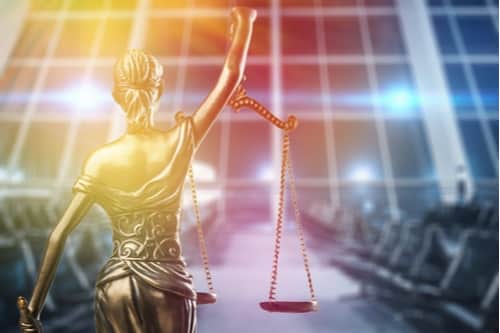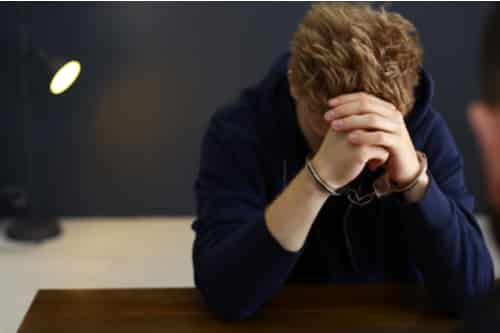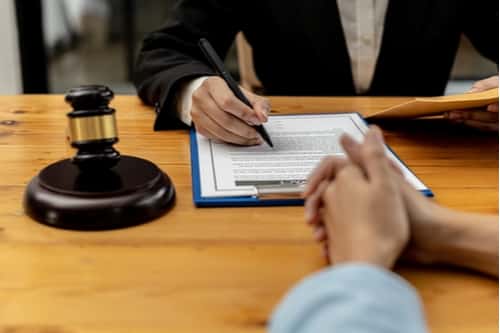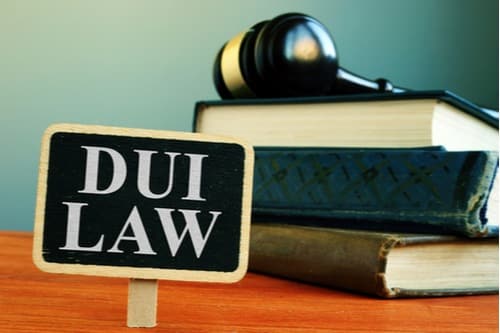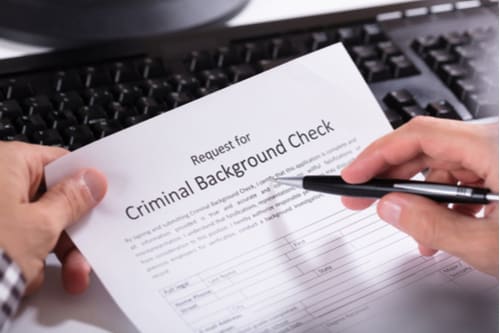
How (and When) Can You File for Expungement in South Carolina?
Due to the consequences of having an arrest or conviction on your criminal record, an expungement can truly provide a new lease on life. In South Carolina, many (but not all) arrests and convictions are eligible for expungement. Determining whether you qualify can be challenging, and so can navigating the expungement process. An experienced criminal lawyer can help, and we encourage you to contact us if you have questions about clearing your record.
Here is an overview of some key information about expungement in South Carolina:
Criminal Charges that are Eligible for Expungement
In South Carolina, eligibility for expungement is determined based on two main factors: (i) the nature of the charge, and (ii) the outcome of the case. Timing (i.e., how long it has been since your conviction) is a factor in some cases as well. As outlined by the South Carolina Courts, the criminal charges that are eligible for expungement are as follows:
Arrests Not Resulting in Convictions
Many people are surprised to learn that simply getting arrested puts a stain on their criminal record. If you were arrested but not convicted, you are eligible to have your record expunged immediately. This applies to you if:
- The Solicitor decided not to prosecute;
- The judge dismissed your charges; or,
- You received a “not guilty” verdict in court.
If your case was handled in Magistrate or Municipal Court, your record may have been expunged automatically. If you did not receive an automatic expungement or your case was handled in General Sessions Court, you must apply for expungement.
Pre-Trial Intervention, Alcohol Education, or Traffic Education
If the Solicitor dismissed your charges after you successfully completed a pre-trial intervention, alcohol education, or traffic education program, you are eligible to apply for expungement immediately.
First-Offense Misdemeanor Fraudulent Check Law Conviction
If you were convicted of a misdemeanor offense under South Carolina’s fraudulent check law as a first-time offender, you can apply for expungement after one year provided that you do not get convicted of any other crimes during this one-year period.
First-Offense Simple Possession Conviction
Simple possession of marijuana and certain other drugs is eligible for expungement if you were a first-time offender, you received a conditional discharge, and you have successfully completed your sentencing requirements.
First-Offense Conviction of a Misdemeanor Carrying Up to 30 Days in Jail and a $500 Fine
With the exception of traffic offenses, motor vehicle offenses, and wildlife and game offenses, misdemeanor charges carrying no more than 30 days in jail and a $500 fine are eligible for expungement after three years. You must not get convicted of any other crimes during this three-year period. If you were convicted of a crime of domestic violence, the waiting period is five years instead of three.
First-Offense Conviction for Failure to Stop When Signaled By the Police
If your conviction is for failing to stop when signaled by a law enforcement vehicle, you can file for expungement after three years (assuming you have not received any additional convictions). To be eligible, it must be your first offense, your failure to stop must not have involved bodily injury, and you must have completed all sentencing requirements.
First-Offense Conviction as a Youthful Offender
If you were between the ages of 17 and 24 when you got convicted as a first-time offender, you can file for expungement five years after completing your sentencing (assuming no additional convictions)—provided that:
- You were convicted of a non-violent crime; and,
- Your crime was classified as either (i) a misdemeanor; (ii) a Class D, E, or F felony; or (iii) a felony with a maximum prison sentence of 15 years.
Juvenile Offenses
Non-violent juvenile offenses are expungement under the following circumstances: (i) you are currently 18 or older; (ii) you have completed your sentence; (iii) you have not received any additional convictions; and, (iv) you have no prior convictions that would carry a maximum sentence of 5 years imprisonment or more if committed by an adult.
Criminal Charges that are Not Eligible for Expungement
All other crimes are ineligible for expungement under South Carolina law. This means that you cannot have any of the following charges cleared from your record:
- Driving under the influence (DUI)
- Driving with an unlawful alcohol concentration (DUAC)
- Motor vehicle violations
- Most drug and property crimes
- Most wildlife and game offenses
- Violent crimes
How to File for Expungement in South Carolina
If you are eligible to file for expungement, you will need to follow the appropriate application process to have your record cleared. The application processes are different for convictions in General Sessions Court, convictions in Magistrate and Municipal Courts, and juvenile records. A criminal lawyer can help you prepare the correct application and file it with the appropriate court or office. Your lawyer can also make sure your expungement application receives due consideration and deal with any issues that may arise.
What if You Aren’t Eligible to File for Expungement in South Carolina?
If you are not eligible to file for expungement in South Carolina, another option is to request a pardon. However, a pardon does not erase your conviction. Instead, a pardon ends your sentence and restores your civil rights. Requesting a pardon involves filing an application with the South Carolina Department of Probation, Parole & Pardon Services (DPPPS) and then working to convince DPPPS that you do not deserve to serve your full sentence.
Depending on the circumstances of your case, you may also be eligible to file for post-conviction relief. This is somewhat similar to filing an appeal, but you have more time to file, and the grounds for seeking post-conviction relief differ from those for filing an appeal. If your petition for post-conviction relief is successful, you may be able to have your conviction overturned, and this could potentially pave the way for an expungement.
Request an Appointment with a Rock Hill Criminal Lawyer
Having a criminal record in South Carolina presents many challenges. If you think you may be eligible for expungement or would like to know more about seeking a pardon or post-conviction relief, we encourage you to get in touch. To request an appointment with a Rock Hill criminal lawyer, call us at 803-328-8822 or tell us how we can reach you online today.

